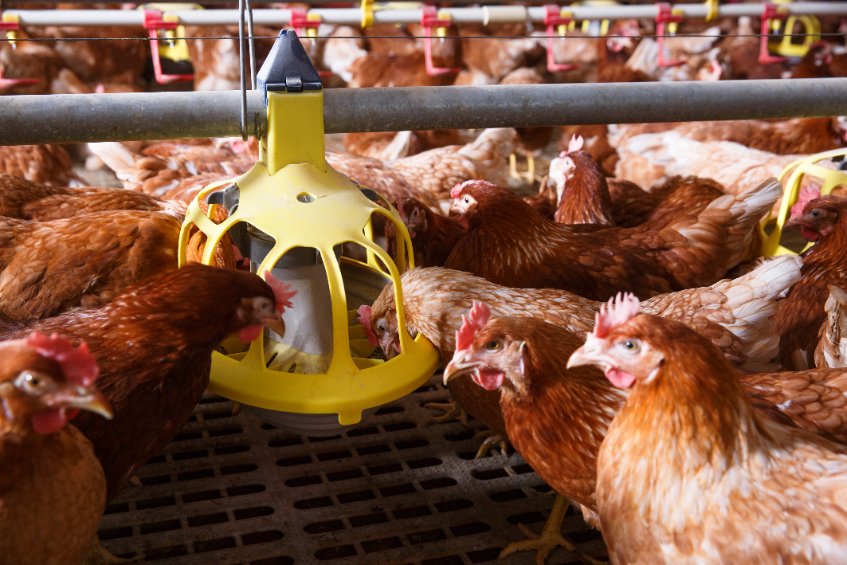
The UK's largest ever bird flu outbreak is driving demand for specialist insurance products to enable farmers to have contingency plans in place.
Fresh outbreaks are still being confirmed and new restriction zones are in force where the disease remains prevalent, such as in the south west.
Bird keepers are also urged by the government to remain vigilant and follow enhanced biosecurity measures to prevent future outbreaks.
One insurance firm is currently arranging cover for clients against bird flu, as well as handling claims, on behalf of businesses throughout the industry.
Ed Davey, a director at Dallas Scott Davey, said farmers were increasingly concerned about the exposure their businesses faced.
He said a record numbers of wild birds, particularly fledglings, sea birds and waterfowl, were being lost across the country due to the disease in the wild.
And numerous poultry units had faced restrictions throughout the summer, despite this being the traditional low season.
"The situation is compounded by agri-inflation and the increased financial risk the poultry and ancillary industries now face," Mr Davey explained.
"For farmers, accommodating rising chick, feed, power, logistics and other ancillary costs, means increasing sale prices to offset them, or clinging to ever thinner margins if contracts are non-negotiable. Either way, risk management is ever more important."
With the extent of avian influenza claims this year, a number of insurers were looking at re-rating their books, he added.
Plus, producers - suffering from agri-inflation - 'remain unclear' as to whether existing policy wordings could accommodate every scenario.
"Indeed, some producers are unaware of their responsibility to organise secondary cleaning and disinfection," Mr Davey said.
He said it was their responsibility to draw up an appropriate plan and obtain approval from the Animal and Plant Health Agency (APHA).
Restocking of birds may well be delayed if an agreement could not be reached, resulting in further consequential losses.
Mr Davey said: “These are unprecedented times in the poultry and ancillary sectors. Understanding the financials, the production process and the standards of existing biosecurity are key.
"However, it’s crucial to adopt a mindset around contingency planning. In many cases biosecurity isn’t as well managed as it states on paper and having advisers on board that understand what’s at stake is key.
“With a combination of up-front financial planning upon which the underwriting hinges, and a clear understanding of the level of biosecurity measures adopted, individually tailored insurance cover is available."
